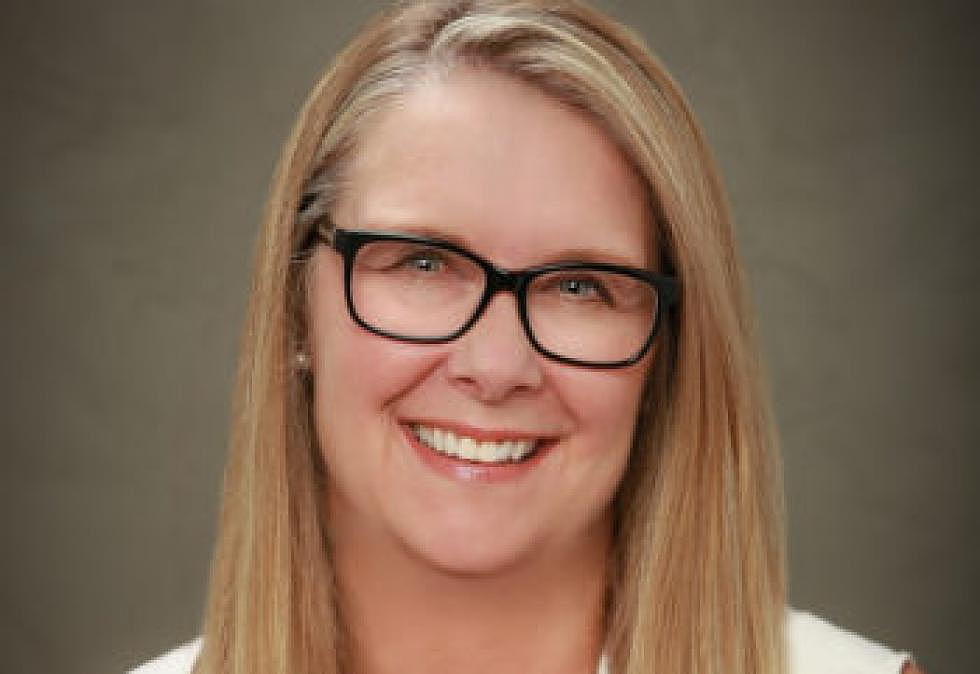
After layoffs, Western Montana Mental Health remains concerned over future program cuts
State cuts to the Medicaid program went into effect on Monday, forcing the Western Montana Mental Health Center to reduce the number of case managers who work with children and adults, and realign its efforts in two rural communities.
Last month, in anticipation of the cuts, the center eliminated nearly four dozen positions from its staff and closed clinics in Dillon and Libby. With another round of cuts still expected – along with a potential loss in revenue resulting from federal tax reform – the center's outgoing CEO is bracing for the “other shoe to drop” on mental health care.
“We're still waiting on the governor's proposed cuts post-special session,” said Jody Daly. “It's been hard for a long time, but for whatever reason, our voices haven't been heard. Little by little, our safety net is crumbling.”
Western Montana Mental Health, based in Missoula, serves nearly 16,000 Montanans in 15 counties, and it relies heavily on Medicaid to pay for client services.
But the center lost nearly $4 million in Medicaid reimbursement as result of recent cuts enacted by the state Legislature. Broken down, Daly said, those cuts represent a 55 percent decrease to adult case management and a 53 percent decrease to children's case management.
“You're really gutting a program at that point,” Daly said. “We determined to do the unfortunate process of eliminating case managers. We believe the state no longer values case management as a viable program, as evidenced by decreasing it at such a significant rate.”
To absorb the cuts, Western Montana Mental Health last month trimmed 44 positions from its staff, the bulk of them being case managers who work with children and adults. But the cuts also included three therapists, a registered nurse, support staff and the closure of the Dillon and Libby offices.
Daly said some of those positions were repurposed under different models of care. The center also worked with critical access hospitals and law enforcement in Libby and Dillon in an effort to compensate for the closure of its two rural clinics.
Despite those efforts, Daly believes the long-term impacts could manifest on a number of unfortunate fronts, from a higher suicide rate to more incarcerations, not to mention an increase in personal and family crises resulting from mental illness.
“We're the safety net of communities – we're the people that never shut our doors or turn away from people in need,” said Daly. “There's a lot of things case managers do, and we won't understand the effects until they're not there to do it anymore.”
“That's what concerns me about the loss of these services, there's no one that can walk alongside these people and facilitate discussions,” she added. “If they don't have that and become more isolated and more depressed, we're going to see more societal issues.”
While the cuts have been on the table for months, Daly believes the state has generally failed to identify a clear plan to address mental health. Efforts in that direction have lacked true collaboration while pleas to preserve funding until a model is identified haven't been successful, she said.
Unlike some states, Montana still directs 70 percent of its funding to institutions like Warm Springs and the state prison, and just 30 percent to programs designed to keep people from going to state institutions.
Daly believes those numbers are upside down. More funding should be placed on prevention and care and less on dealing with the effects that result from a lack of prevention and care.
“To date, we have not seen any strategic plan or strategic initiative from the state,” Daly said. “Without that, you have no guiding posts. You end up putting band-aids on things. I don't think we value this particular population, so here is where we are today.”
While the legislative reduction in Medicaid reimbursements marked the first wave of cuts, Daly said her program and others like it are bracing for a second round of cuts, this time from the governor's office.
She also believes the newly passed Tax Cuts and Jobs Act will impact future state budgets. Early analysis from the Montana Department of Revenue suggested the legislation could lead to budgetary reductions ranging from $24 million to $70 million.
“Those future waves will impact our level of operation,” Daly said. “As a state, we need to be more system focused, and we need to get the right people to the table, and we have to learn to work on a system as a whole.”
While the program's future remains in flux, along with the funding that supports it, Western Montana Mental Health is gearing up to welcome its new CEO in Kevin Griffith. The psychologist is expected to begin this month while Daly takes a new job in Washington.
Griffith served as the founder and CEO of Trinity Case Management Services in South Bend, Indiana, where he led a multi-site organization of behavioral health, case management and disability services.
“The board chose an individual who has some really good experience developing community based mental health models, and who has experience facing a period of entrenchment in Indiana not unlike what we're going through now,” Daly said. “He'll bring some innovative ideas to task.”
